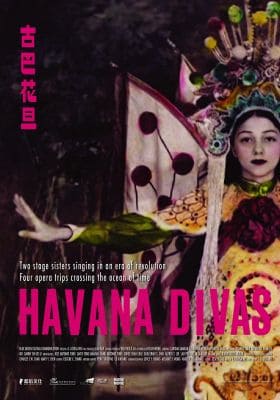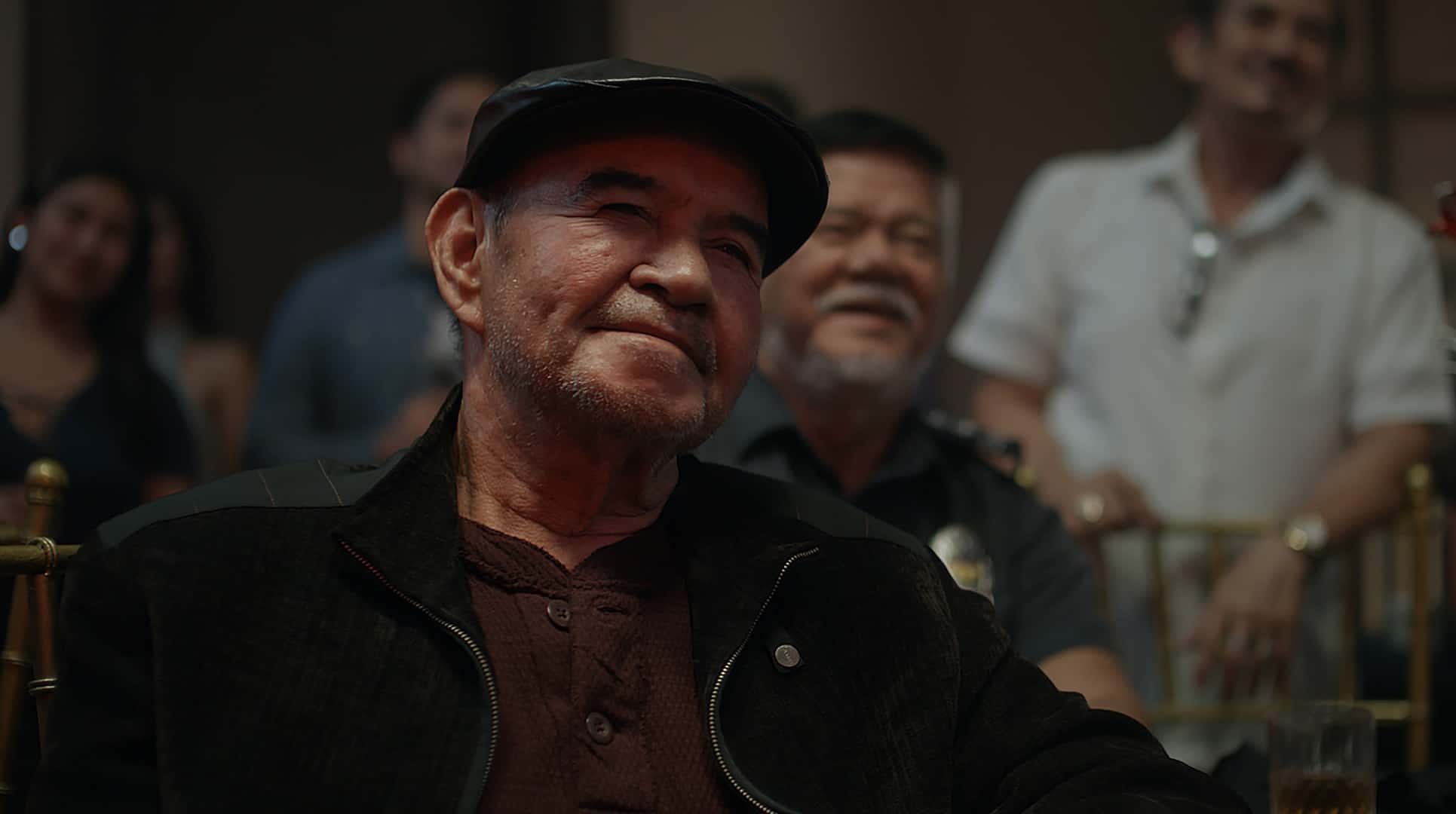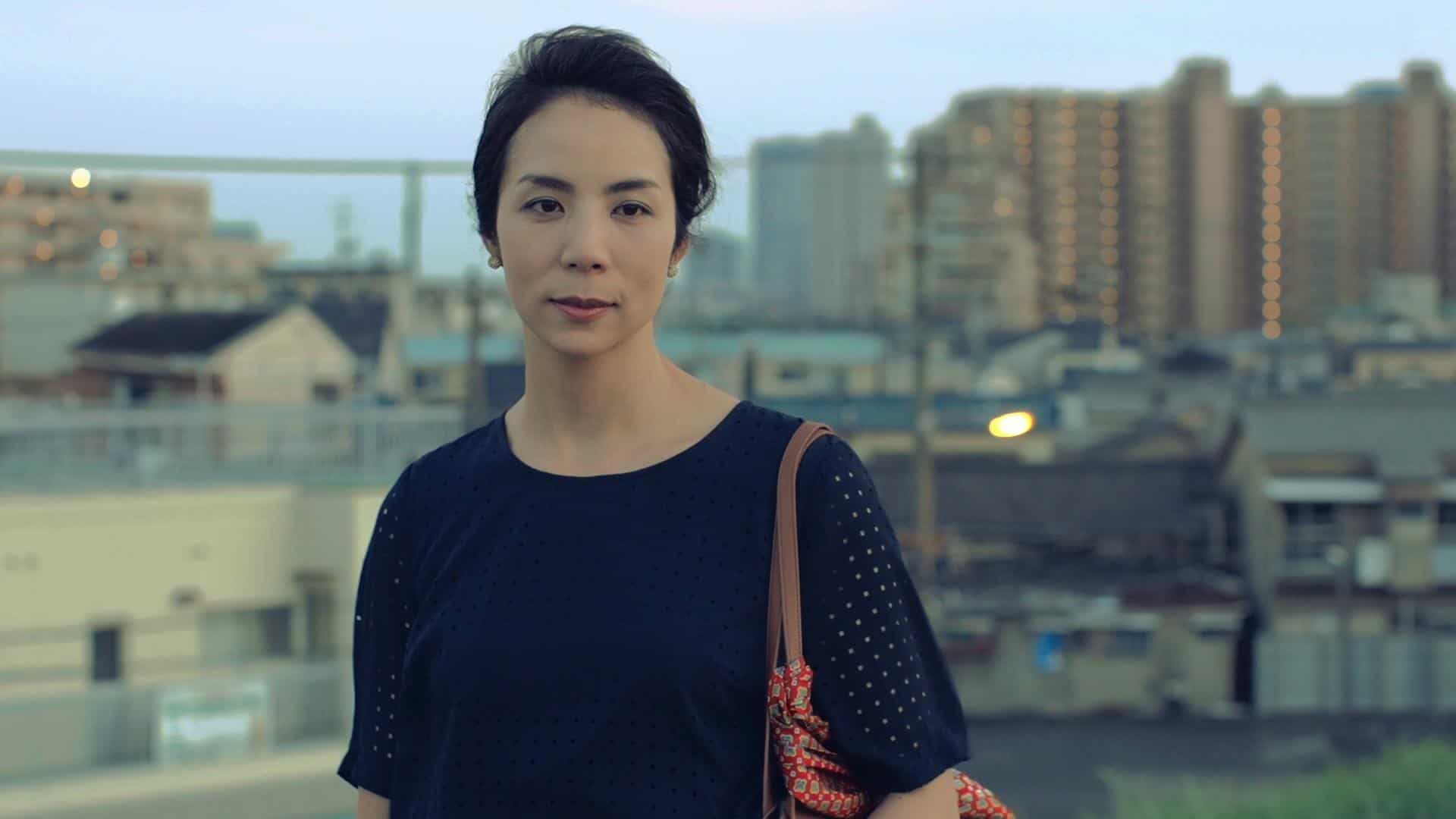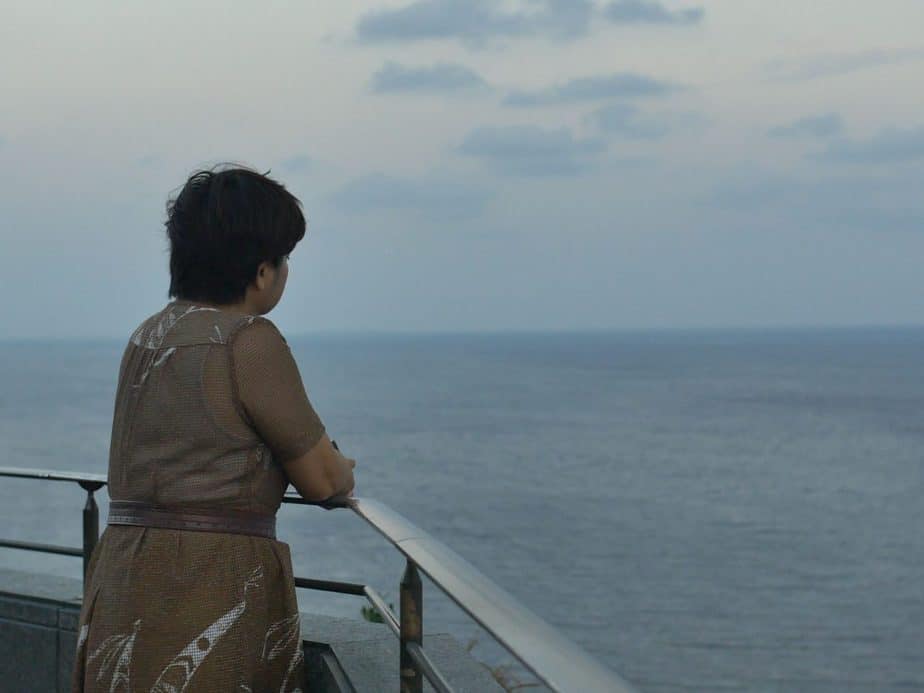As we mentioned in her previous work, “Golden Gate Girls”, S. Louisa Wei knows how to pick stories in order to base her documentaries, and “Havana Divas”, a movie that focuses on stage-sisters Caridad Amaran and Georgina Wong, both of Chinese descent, who indulged in the appeals of the Chinese opera in Havana, proves the fact once more.
Watch This Title
Carida learned the art by her foster father, Julian Fong, who immigrated to Cuba in the 1920s after his family forbade him to perform opera. Georgina's father was a famous tailor in Havana Chinatown, who encouraged her to learn kung-fu and the lion dance. The two became inseparable on stage, but eventually they had to split up. Through the 1940s, Caridad toured all over Cuba, performing in cities with Chinese communities as the leading actress of her opera troupe. Georgina quit opera to attend college, but her studies were interrupted by Castro's 1959 revolution, when she was required to have military training. Eventually, she became a diplomat. In their sixties, however, the two sisters began performing Cantonese opera again, while in their eighties, they found a new audience in China and their place in Wei's documentary.
Again as in “Golden Gate Girls”, Wei's documentary unfolds in a number of axes. The first one takes place in the present, following the two women, along with a number of other people involved as they reminisce of their lives, both within the opera and outside of it. A second one highlights the history of Chinese opera, particularly outside of the country, and conjunctively, of the history of Chinese diaspora in the various Chinatowns of the world, including Havana, which takes the lion's share here, Honolulu, San Francisco and others. Furthermore, the documentary also presents the history of Cuba, from the years of Batista to Castro's revolution and the subsequent embargo, to nowadays. Lastly, the “trip” Wei had to embark in order to amass all this material concludes this rather multileveled documentary.
Considering the amount of material presented here, Eugene Cheung and Wei's own editing emerge as excellent, with the connection of the interviews, archival material, and present day shooting being implemented in a way that is both comprehensive and entertaining. Particularly the preparation for the performances, including the costumes and the make-up is a wonder to look at, in probably the most impressive visual aspect of the documentary. A bit of lagging close to the end does exist and some elements (like the young man singing on the roof) could be omitted, but this is just a minor fault, and in no way does it fault the overall sense the movie emits.
Furthermore, even without considering the seemingly absurd notion of Cubanese dancers of Chinese opera, the story presented here is remarkable, with its ending, that has the octogenarian still performing and the legacy of Chinese opera among people who are of no Chinese descent whatsoever, cementing this fact in the best fashion. Another great element here is the history of shooting Chinese movies in Havana, and their screening in the now closed Golden Eagle Theater in the city, which is both rather interesting and induces the movie with a sense of nostalgia.
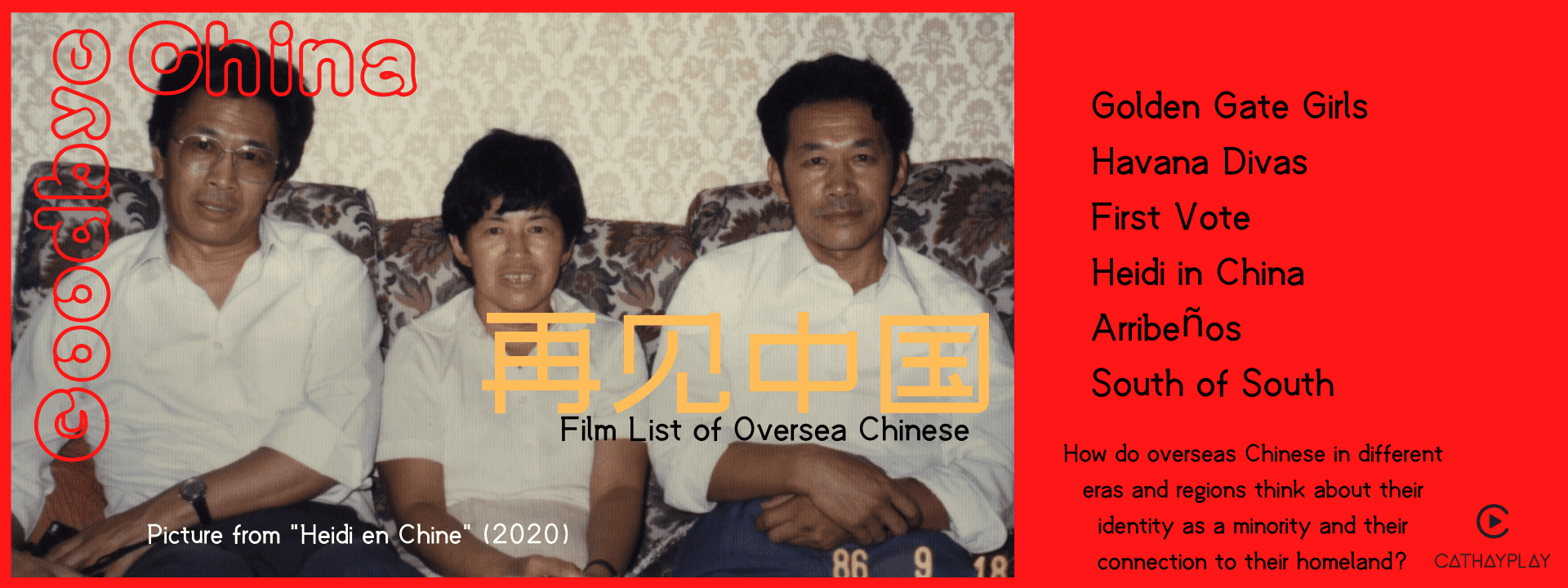
“Havana Divas” is another great documentary by S. Louisa Wei, which manages to be equally informative, entertaining and artful, while presenting a series of truly interesting topics.



